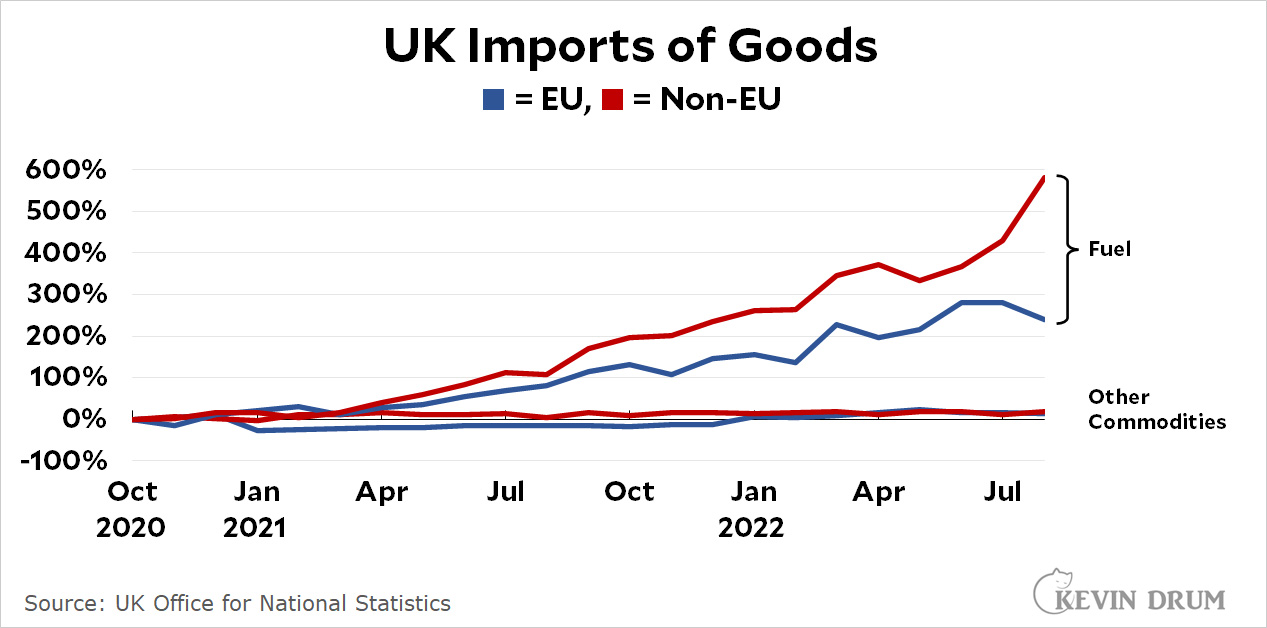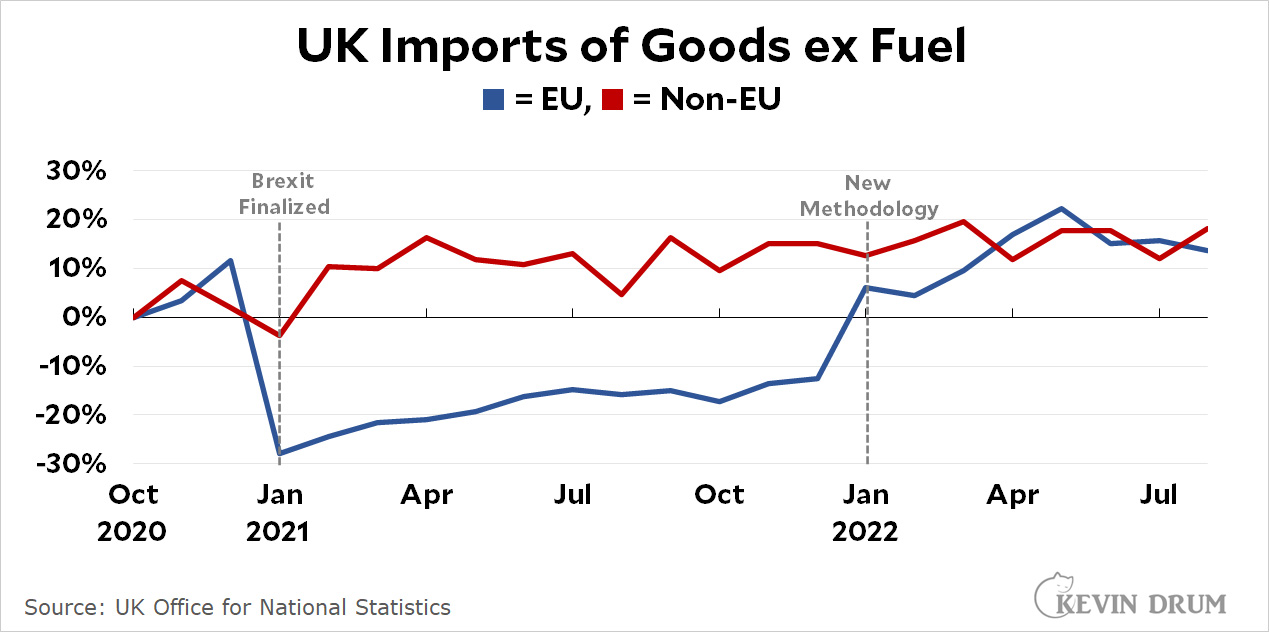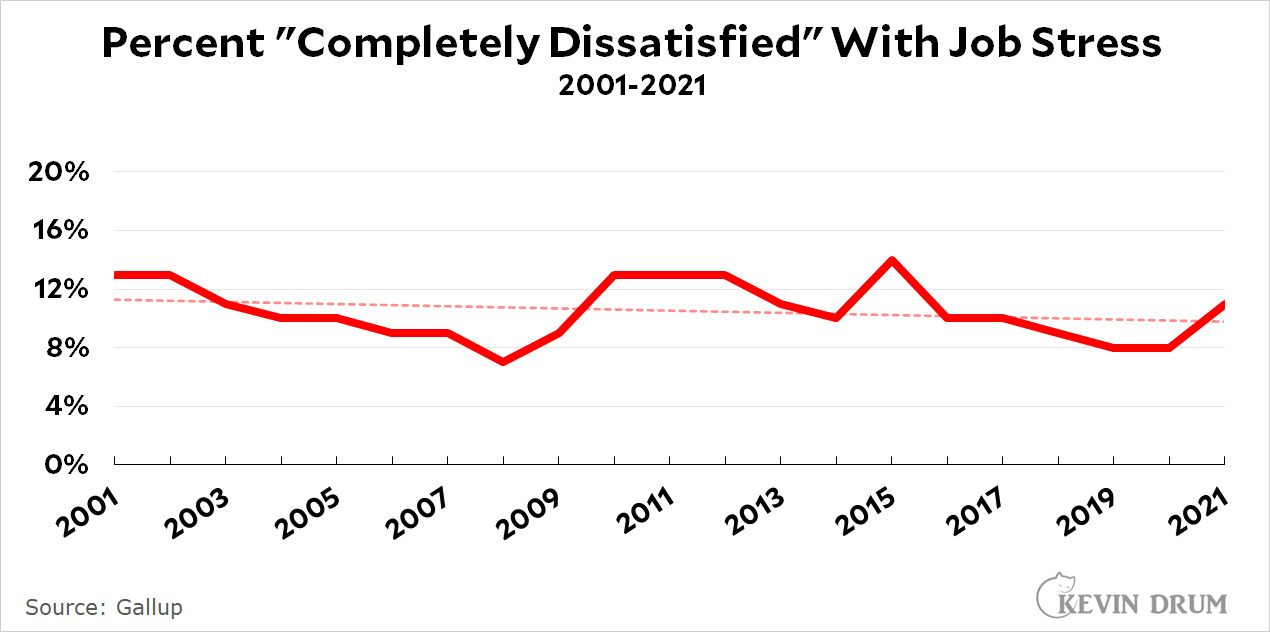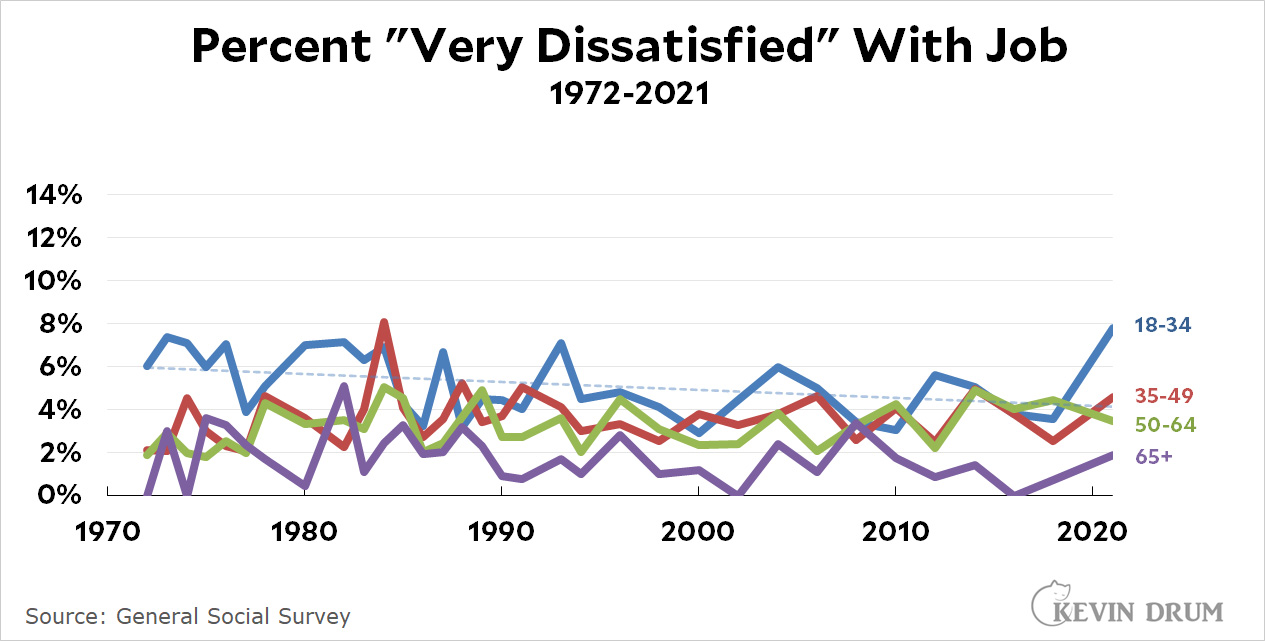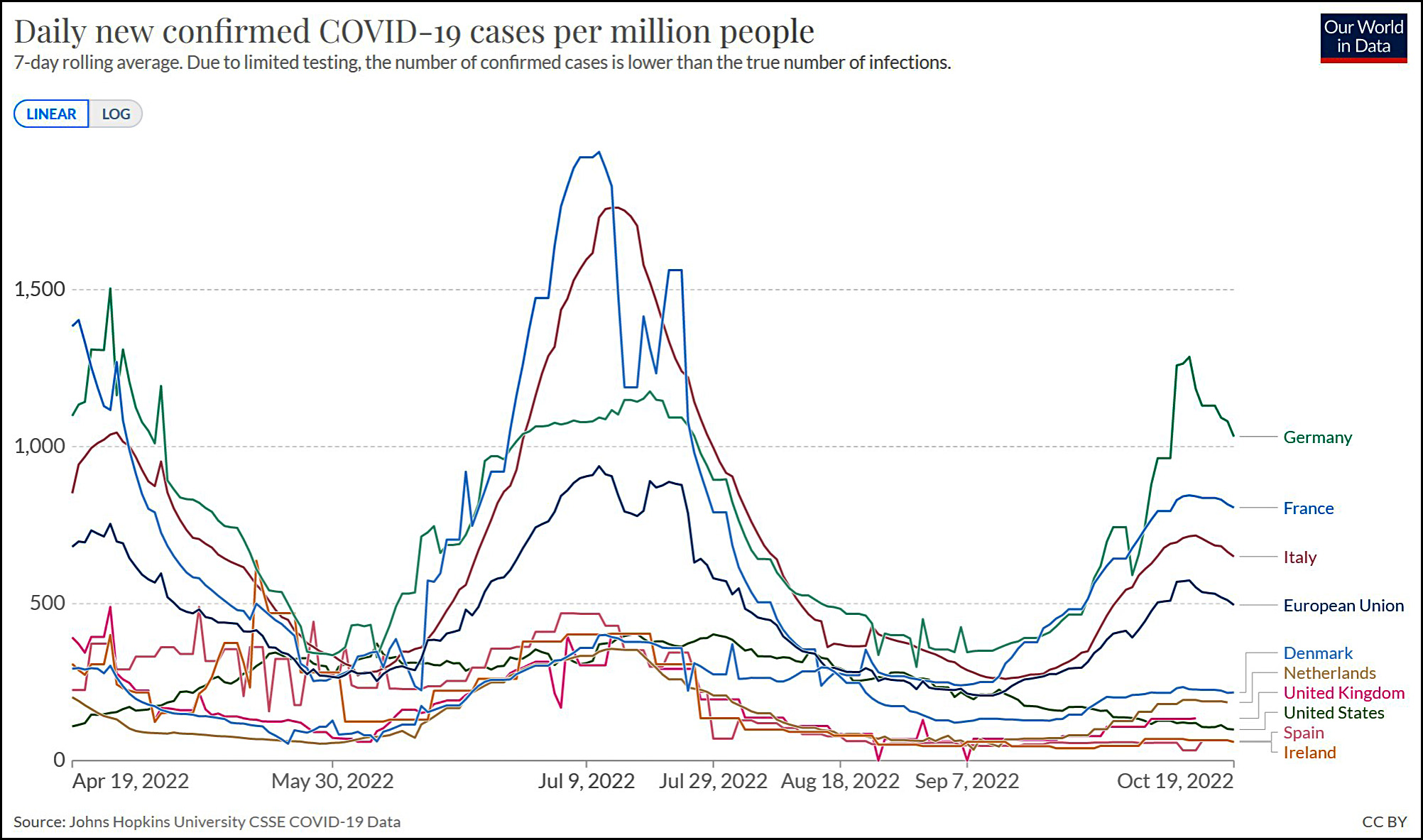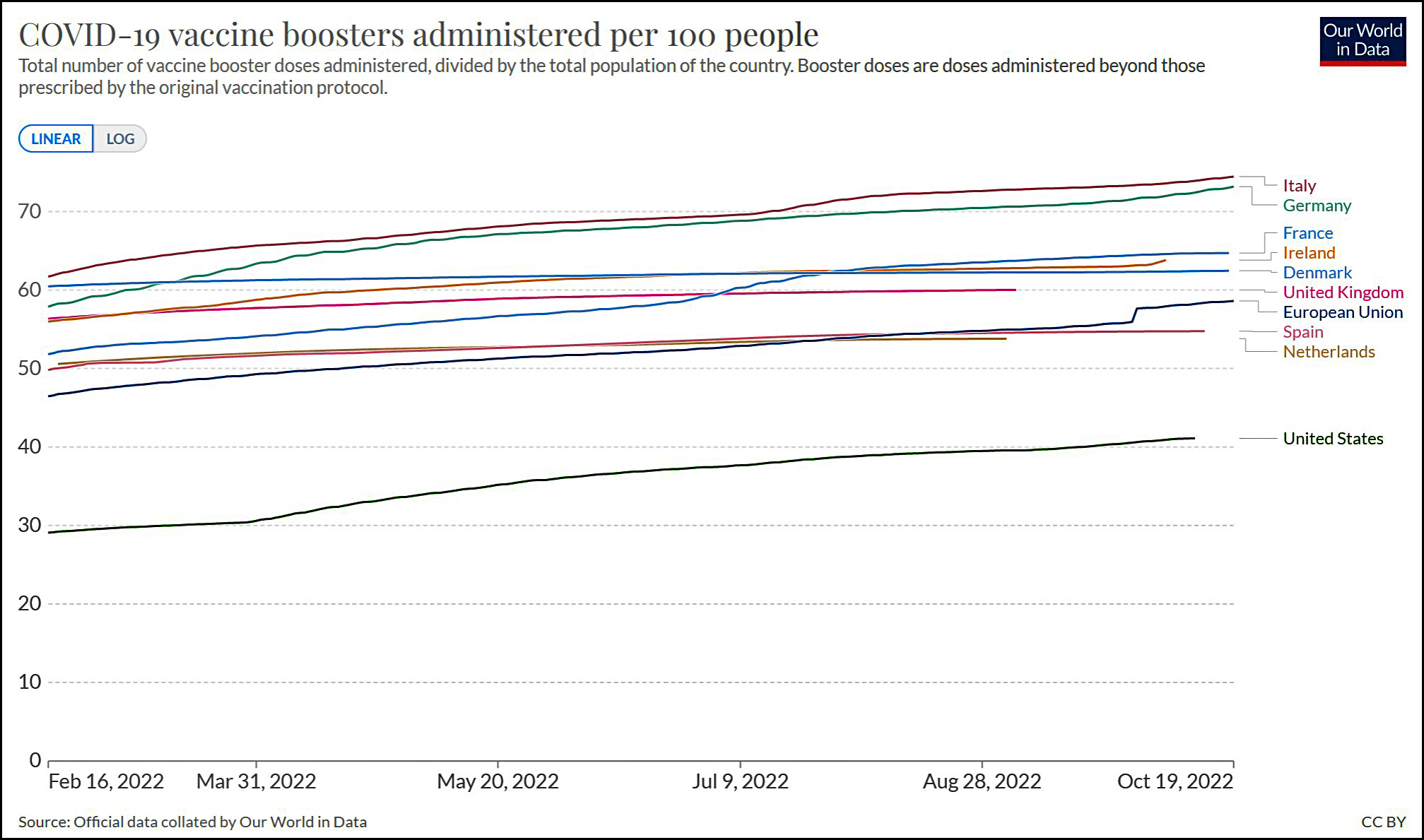Now that California sends mail-in ballots to everyone, I figure I should do my usual recommendations a little earlier than usual. Keep in mind a couple of things:
- I don't like ballot initiatives because they lock things into the state constitution that shouldn't usually be locked in. So my standards are high for a Yes vote.
- I especially hate ballot-box budgeting. It's a cancer.
- I believe the point of ballot initiatives is to give grass roots activists a chance to pass legislation opposed by moneyed interests. However, modern initiatives are largely the handiwork of corporations and the ultra-wealthy. I will almost never vote for an initiative sponsored primarily by businesses or billionaires.
That noted, here are my recommendations:
Proposition 1: YES. This initiative places certain abortion and other reproductive rights into the California constitution. I doubt it makes much difference, but you never know. And to me it qualifies as something I'd like to have locked in forever.
Proposition 26: NO. This is one of a pair of initiatives regarding sports gambling. Prop 26 adds sports gambling, dice games (such as craps), and roulette to the menu of games allowed at tribal casinos. Four privately owned horse racing tracks (Santa Anita, Del Mar, Los Alamitos, and Golden Gate Fields) would also be allowed to provide in-person sports gambling. This is the last thing that needs to be locked in forever via constitutional amendment, and my preference anyway is for California to simply legalize online sports gambling with no strings attached.
Proposition 27: NO. This one allows online sports gambling, but only if it's affiliated with a California tribe. That's completely ridiculous.
(Note that these two propositions are sponsored by different tribal groups, which has turned them into wars between big and small tribes. Also, both allocate some of the profits to various good causes, which is getting a lot of attention even though it's hardly a central issue. One thing they have in common is that both initiatives provide money to problem gambling programs, which is pretty damn cynical if you ask me.)
Proposition 28: NO. This proposition requires the state to provide funding for arts education that's equal to at least 1% of the funding required for public schools. It's the worst kind of ballot box budgeting.
Proposition 29: NO. This is the third time that health care unions have placed a measure on the ballot requiring dialysis centers to have physicians or physician-equivalents on the premises during all opening hours. It's unnecessary and everyone knows it. Are they ever going to give up on this?
Proposition 30: NO. California has a goal of selling only electric vehicles by 2035:
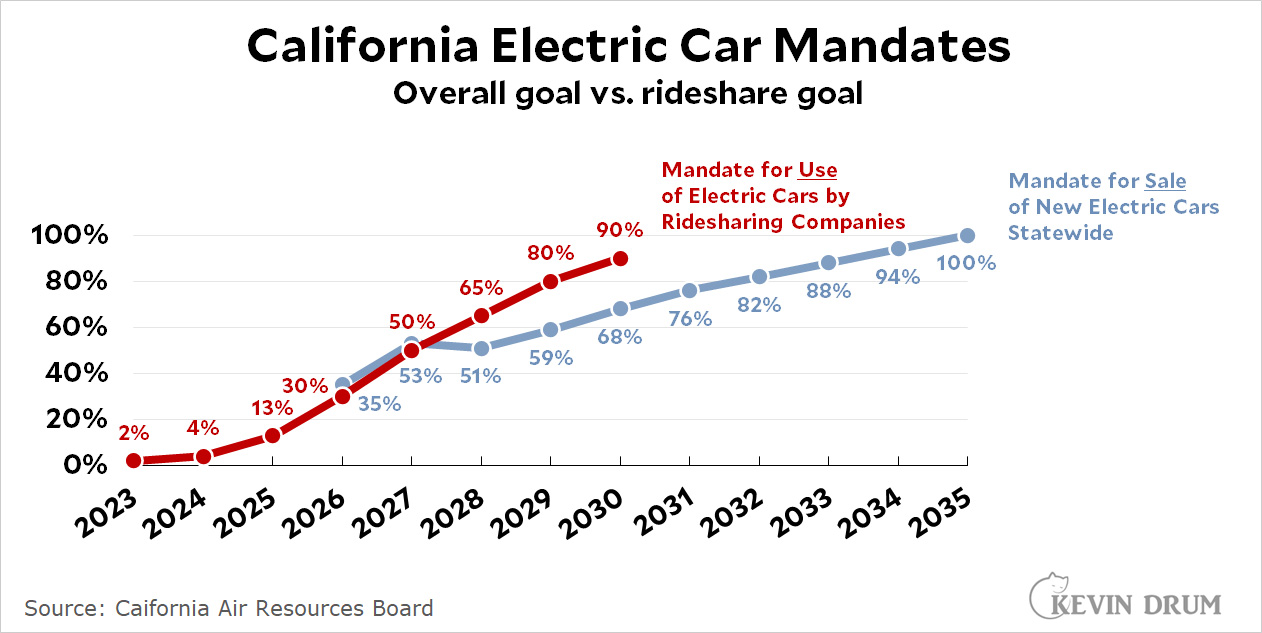 For cars in general, California's goal is to have 100% of sales of new cars be electric by 2035. A complete switchover probably won't happen until 2050 or so as older cars bought before 2035 are gradually junked and replaced with new electric cars.
For cars in general, California's goal is to have 100% of sales of new cars be electric by 2035. A complete switchover probably won't happen until 2050 or so as older cars bought before 2035 are gradually junked and replaced with new electric cars.
However, the goal is far more stringent for rideshare companies: their fleets are required to actually complete 90% of the switchover by 2030. But where will the money come from to do this?
Prop 30 adds a 1.75% tax on income over $2 million, with the money dedicated to helping people and businesses make the switch to electric.¹ It's primarily funded by Lyft, which wants public money to fund electric rideshare vehicles instead of paying for them themselves. In addition to this sketchiness, California is already pushing the limits of taxing the wealthy and probably needs to stop. Then again, California's wealthy are pretty damn wealthy, so they can probably afford it.
¹It would also fund charging stations, and a bit of the money would go to wildfire prevention, which is getting a lot of play in ads even though it's only 20% of the program. Also worth noting: California already has a program to help low-income drivers buy new low-emission vehicles.
Proposition 31: YES. This is a referendum on a law passed a couple of years ago to ban the sale of flavored cigarettes. The law itself seems sensible to me, since flavored cigarettes are largely used to hook children, and in any case it's a law, not a permanent part of the constitution. Funding for the opposition comes, naturally enough, from Philip Morris and R.J. Reynolds.

